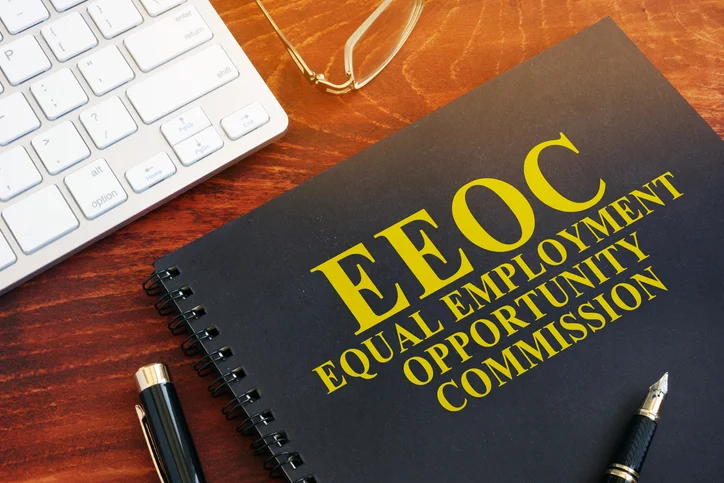EEOC Issues Fact Sheet on Anti-Arab, Anti-Middle Eastern, Anti-Muslim, and Antisemitic Workplace Discrimination and Harassment

EEOC Issues Fact Sheet on Anti-Arab, Anti-Middle Eastern, Anti-Muslim, and Antisemitic Workplace Discrimination and Harassment
Mar 4, 2024
Share to:
Seemingly in response to ongoing workplace and campus tensions related to conflict in the Middle East the U.S. Equal Employment Opportunity Commission (“EEOC”) recently released a Fact Sheet reiterating and clarifying the protections of Title VII of the Civil Rights Act of 1964 (“Title VII”), which prohibits discrimination and harassment in the workplace. Overall, the Fact Sheet confirms that Title VII’s protection against discrimination and harassment based on religion, national origin, and race extends to those who are or who are perceived to be Arab, Israeli, Middle Eastern, Muslim, or Palestinian. It also discusses some nuances with respect to topics such as disparate treatment and segregation, which are forms of prohibited discrimination, and provides helpful examples on what conduct would or would not be considered unlawful discrimination. Below are the key takeaways from the Fact Sheet:
- There are non-obvious forms of mistreatment that could constitute unlawful discrimination. As an example of this, the Fact Sheet provides that treating an employee differently based on the assumption that they hold certain views because of their religion, national origin, or race. Another example is treating an employee differently based on actual or perceived association with an organization that is closely aligned with a particular religion, national origin, or race. In other words, discrimination in violation of Title VII does not just include typical misconduct such as failure to hire, discipline or termination based on someone’s known religion, race, or national origin.
- A one-time incident could constitute harassment. In order for an incident to qualify as unlawful harassment, the conduct in question usually has to be so severe or pervasive that it creates a hostile work environment. Employers have typically understood this to be a high bar to meet. The Fact Sheet, however, specifically suggests that a one-time display of a symbol of violence or hatred, such as a swastika, could be sufficiently severe as to constitute unlawful harassment.
- Conduct that occurs outside of work can contribute to a hostile work environment. Employees posting slurs or hateful rhetoric against Muslim or Jewish people on their personal social media accounts could constitute harassment. While it occurs outside of working hours and on personal accounts, if such posting creates a significant disruption and/or safety concerns in the workplace, employers may need to take action to address the employee’s harassing post.
The Fact Sheet reminds employers of the potential conduct and behavior that could qualify as unlawful discrimination or harassment against those who are or who are perceived to be Arab, Israeli, Middle Eastern, Muslim or Palestinian. The EEOC is on heightened alert for incidents of harassment toward these people and their religious beliefs. It also implicates issues and concerns as to the interplay of First Amendment free speech rights of public employees and prohibited workplace harassment. Given the continuing complexities and sensitivities related to these issues, contact your Robbins Schwartz attorney with any questions and to ensure appropriate and legally defensible actions.
